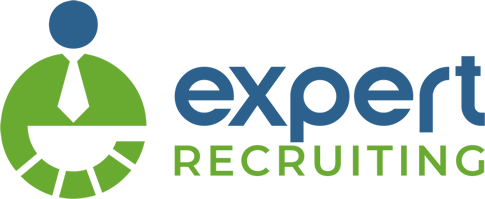Recruitment Process Outsourcing (RPO) is a strategic approach where an organization transfers all or part of its recruitment processes to an external service provider. This model allows companies to focus on their core business while leveraging the expertise of specialists in recruitment. Below, we explore the RPO process in detail, including its stages, benefits, and best practices.
Stages of the RPO Process
- Needs Assessment:
- The RPO provider collaborates with the client to understand their specific hiring needs, organizational culture, and talent requirements. This stage involves analyzing the current recruitment process, identifying gaps, and defining key performance indicators (KPIs).
- Strategy Development:
- Based on the assessment, the RPO provider develops a tailored recruitment strategy. This includes defining the sourcing channels, selection criteria, and timelines. The strategy aims to align with the client’s business goals and workforce planning requirements.
- Sourcing Candidates:
- The RPO team employs various sourcing techniques to attract candidates. This can include leveraging job boards, social media, networking events, and employee referrals. Advanced tools and technologies, such as Applicant Tracking Systems (ATS) and AI, are often utilized to enhance sourcing efficiency.
- Screening and Selection:
- Once candidates are sourced, the RPO provider conducts initial screenings to shortlist potential candidates. This may involve resume evaluations, phone interviews, and skills assessments. The goal is to identify individuals who fit the job requirements and organizational culture.
- Interview Coordination:
- The RPO team coordinates interviews between candidates and the client’s hiring managers. They may also assist in developing interview questions and evaluation criteria to ensure a consistent and fair selection process.
- Offer Management:
- Upon selecting the right candidate, the RPO provider manages the offer process, including salary negotiations and contract preparation. They ensure a smooth transition from candidate acceptance to onboarding.
- Onboarding Support:
- Some RPO providers extend their services to include onboarding support, ensuring that new hires have a positive experience as they integrate into the organization. This may involve training sessions, orientation programs, and follow-up surveys.
- Performance Measurement:
- Finally, the RPO provider evaluates the recruitment process against the defined KPIs. This involves analyzing metrics such as time-to-fill, cost-per-hire, and candidate quality. Continuous improvement initiatives are implemented based on this feedback.
Benefits of RPO
- Cost Efficiency: RPO can reduce recruitment costs by streamlining processes and leveraging economies of scale.
- Access to Expertise: Organizations benefit from the RPO provider’s experience and knowledge in recruitment best practices.
- Scalability: RPO is highly scalable, allowing companies to quickly adjust their recruitment efforts based on changing business needs.
- Enhanced Candidate Experience: With a dedicated team managing the recruitment process, candidates often receive better communication and support throughout their journey.
Best Practices for Successful RPO Implementation
- Choose the Right Partner: Select an RPO provider with a proven track record and expertise in your industry.
- Establish Clear Communication: Foster open communication between your organization and the RPO provider to ensure alignment of goals and expectations.
- Focus on Cultural Fit: Ensure that the RPO provider understands your company culture to attract candidates who will thrive within your organization.
- Leverage Technology: Utilize advanced recruitment technologies to enhance efficiency and improve candidate experience.
Conclusion
The RPO process offers organizations an opportunity to optimize their recruitment strategies and improve overall hiring outcomes. By understanding the stages of the RPO process and implementing best practices, companies can effectively leverage this model to attract and retain top talent in a competitive market.


